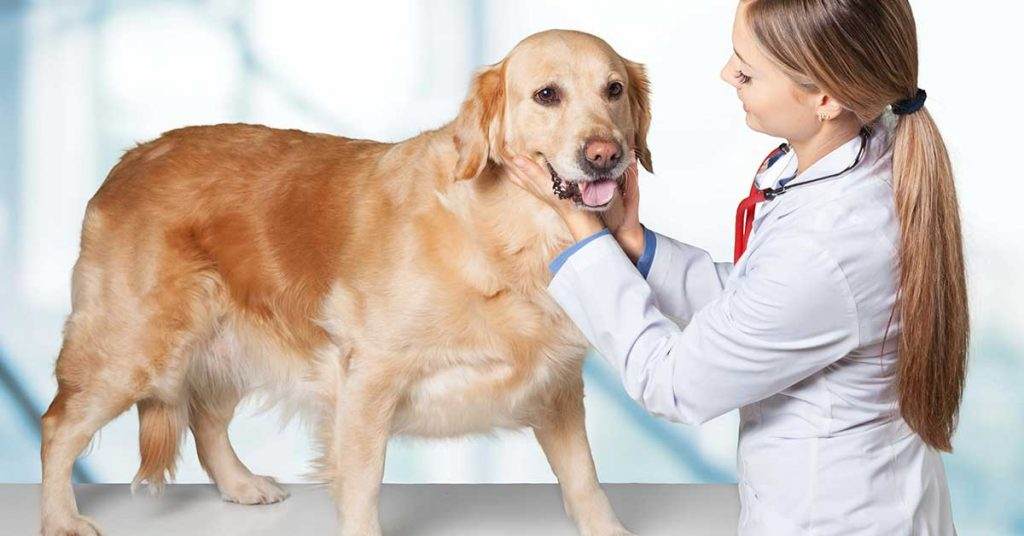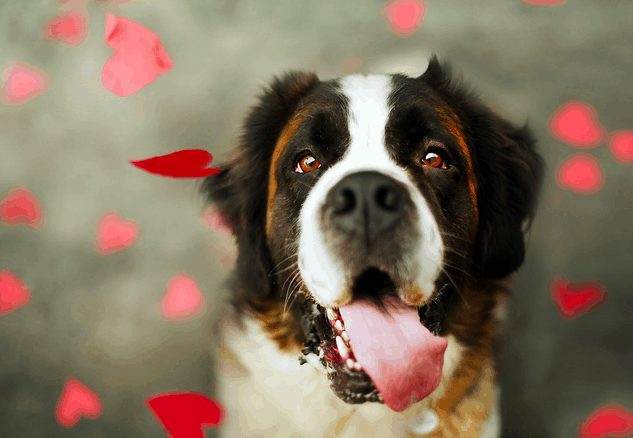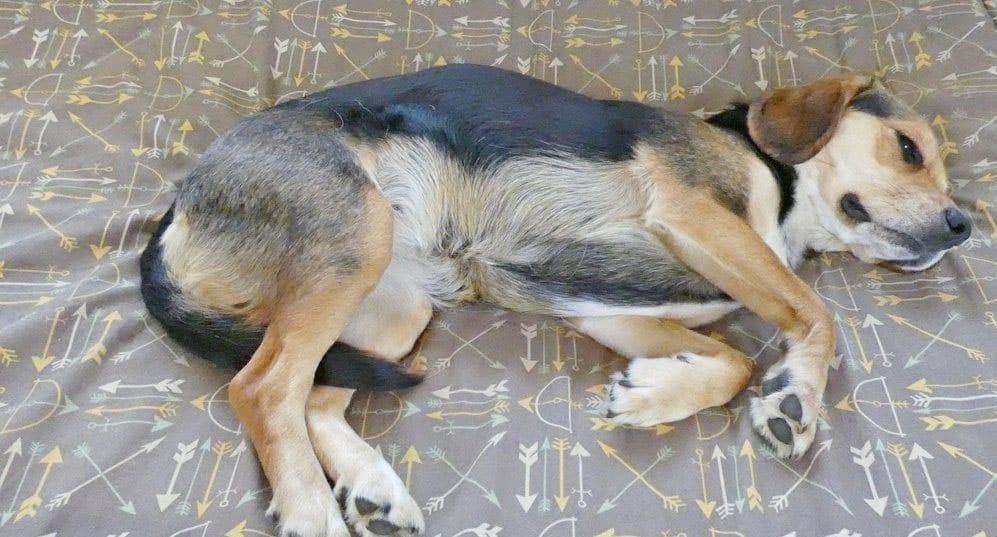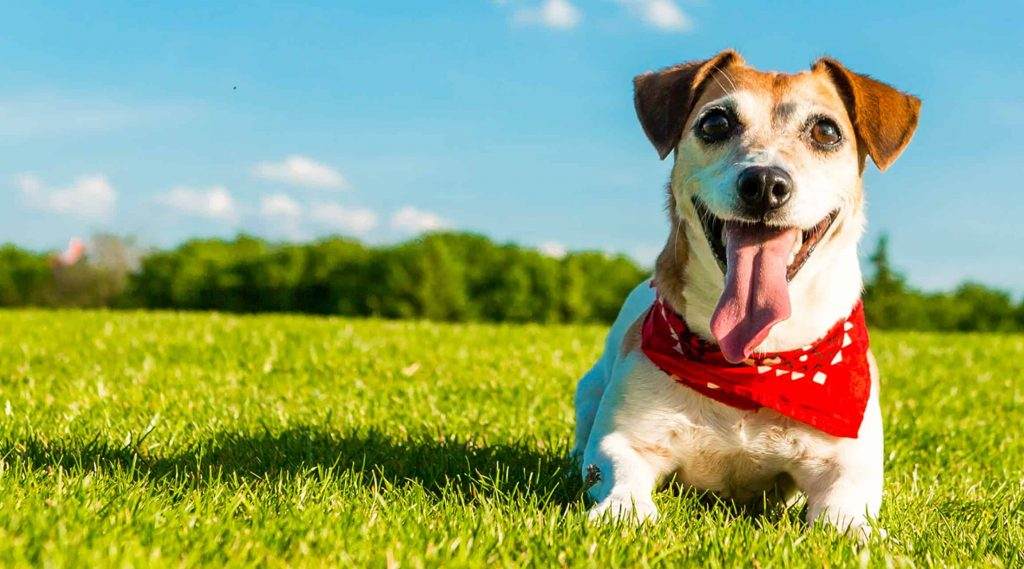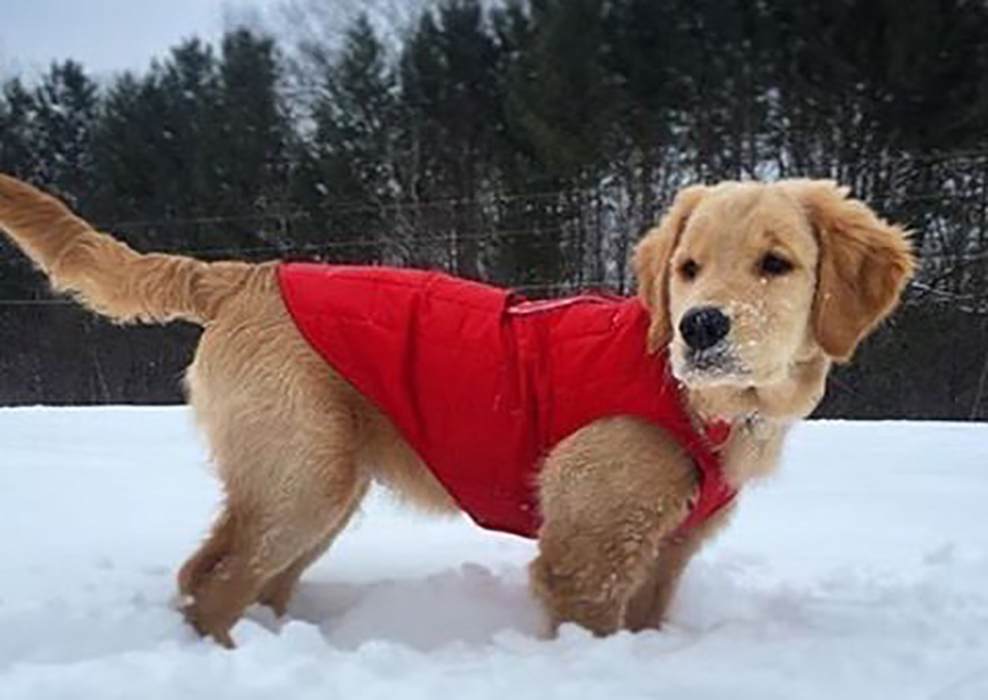Hiccups are a very common reflex in the body. Hiccups occur naturally in humans. These are very normal for us. These are an involuntary contraction of the diaphragm. And each contraction is followed by an outcome of characteristic sound that is HIC sound which comes and goes from time to time. But what about dogs, do dogs get hiccups? Yes, they do.
Actually, dog hiccups are very similar to human hiccups and these are very common for a furry friend to get bouts of hiccups from time to time.
If you, a first-time dog owner, see your pup’s body jerk, don’t be afraid, because these are as normal as you have. Continuous jerks become part of the entertainment. These hiccups are so pretty and adorable that anyone will rush to grab this hilarious moment in one’s camera along with friends.
Most of the time, these are a source of entertainment. In some cases, however, if your dog gets hiccups, it can be a sign that something more serious is going on.
But most importantly, do dogs like these hiccups? Are they happy with these hiccups? Do these hiccups bother dogs more than humans?
These several questions are still not clear for you, me and scientists as well. To know more about dog hiccups continue reading and learn what causes get to hiccups, how to stop these and when should you go to take advice to your vet:
Studies about hiccups
Dogs, humans and other mammals can hiccup. Scientists are still confused about the origin and evolution of hiccups. But some studies have shed light on this topic that these hiccups may be a leftover from the time when we were developing in the womb or it might be a way to test drive the breathing muscles.
The above theory can be helpful to understand that puppies get much more hiccups than an adult dog. Most probably, you might have seen that when your dog becomes older, it gets hiccups less frequently or not at all.
Another theory is that hiccups are a natural process for all mammals that occur all of a sudden. They might come and go for a while.
Their occurrence is essential to regulate digestive problems in dogs. Your puppy might be relieved of gastric problems and an upset tummy.
What causes hiccups in dog
Hiccups are the contraction of involuntary muscles of the diaphragm. The diaphragm is a dome-shaped sheet of internal skeletal muscles under the lungs. It separates the chest cavity and abdomen. It is a muscular part of involuntary muscles which plays an important role in breathing.
This involuntary spasm causes the glottis, an opening between two vocal cords, to close abruptly. It stops the intake of air and results in hiccups.
The diaphragm is a primary muscle involved in respiration. This muscle rises and falls as the dog’s lungs deflate and inflate. When a dog breathes in, the diaphragm contracts and moves downward, making more room in the chest cavity for the lungs to expand. When a dog breathes out, the diaphragm relaxes and moves up into the chest cavity. Normally, the movements of the diaphragm are smooth and regular, but when the muscle suddenly spasms, we call it a hiccup.
Sometimes people get confused about reverse sneezes which are also another reflex process in dogs other than hiccups. These are quite different from dog hiccups. Reverse sneeze occurs when a puppy vigorously inhales air through its nose.
Hiccups occur when you do any work with great enthusiasm and excitement for example you laugh excessively. This condition is very similar for dogs.
Puppies and dogs get bouts of hiccups after eating and drinking too vigorously and swallowing large quantities of food with too much air when they are very thrilled or tired and feel too cold.
Hiccups may also happen when dogs are very distressed or excited; rapid breathing can also bring them on.
How common are hiccups in puppies
Condition is much more common in puppies than adult dogs. Most dogs experience them at least once when they are young.
Puppies have high energy levels due to growing age. Their immature body may contribute to an increase in chances of hiccups.
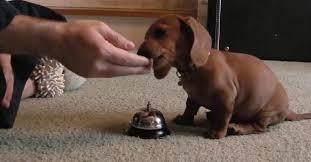
This age is the optimum time of growth for their internal organs and systems. They always need a nutritious, healthy and balanced diet to complete their body demands. So, the puppy gets excited about food time. Their excitement is infectious and just too cute. They gobble up what is in their bowl rapidly with fun and joy. Puppies tend to swallow a lot of air along with their food. These tiny puppies have small tummies as a result, the air in their little bellies can cause those adorable puppy hiccups.
Chronic hiccups
Anatomy of a dog is designed to be a well-oiled machine. Generally, hiccups are not always serious, are just a sign of a glitch in the system and something is wrong. If these hiccups do not recover on their own in a few hours, then this can be a symptom of a more serious health condition.
You know everything about your puppy. If you have even any doubt about its health, and you feel that its hiccups are not normal, take it to a vet.
Better safe than sorry.
A few potential causes of chronic hiccups have given below to explore your knowledge:
-Parasites
If a dog suffers from intractable hiccups for a prolonged period. This persistent condition leads to serious parasite problems. As a result, the puppy gets diarrhoea and starts vomiting. So, it is urgent to consult your veterinarian and if possible, then a complete body check-up should be done for better health results of your puppy. Poop test is also necessary.
Worms such as heartworm and roundworm are parasites which live inside the dog’s intestine. They can cause severe damage to a dog’s respiratory tract. These worms are very common in puppies. Puppies have the highest risk of infection of these worms and become often sick. These worms feed on partially digested food. Larvae of these worms settle in and spread through your dog’s liver and up to the windpipe.
-Gastric problem
Gastric problem is related to the gastrointestinal system. When the digestive system becomes weak then vomiting of undigested food, diarrhoea (loose poop with water that leads to dehydration) and blood in your dog’s stool are big red flags.
These symptoms are very similar to that of a parasitic problem. The list of gastrointestinal problems dogs can develop is a long one. Most of them can be treated, if diagnosis takes place at the right time by your vet and the loss of health can be controlled to an extent.
-Respiratory issues
This condition is very troublesome for a puppy because of not being able to take proper breathing. Discharge from the nose, coughing or wheezing and sneezing on top of hiccups are never a good sign. Prolonged condition of the above respiration related problems is vulnerable to many diseases like pneumonia, bronchitis or heat stroke.
This condition can be life-threatening. So, make sure to have proper treatment for your fur baby by your vet stats.
Ways to stop the dog hiccups
Hiccups usually go away on their own. There are of course many assumptions about how to stop human hiccups like making scary faces, pulling your tongue for some time and holding your breath for a long time. Nobody knows whether these tricks work or not.
Don’t try all these old wives’ tales on your puppy to subside its hiccups. These tactics will bother and scare your puppy more as he is already tired physically and mentally due to hiccups. Your impractical treatment will tease it and lead to more harmful conditions.
Here are a few tips and advice that you can do and it may be helpful to your hiccupping pup.
-Relax your dog
Help your dog’s irregular breathing become more calm, rhythmic and steady. Usually, if you get him to lay on his back and massage its tummy with ease which helps relax the diaphragm and do it slowly with soft hands, then hiccups go away to some extent and become less intense or severe.
-Make it drink water gradually
Like human hiccups, the dog can moderate its hiccups by drinking water deliberately. Just make sure that your dog should be calm and has slow breathing when it is drinking.
-Focus on a small diet
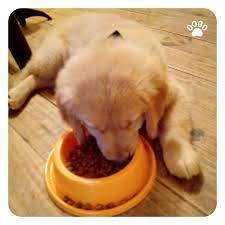
Prevention is better than cure
Nobody knows your dog better than you. If your dog gets frequent hiccups, figure out why?
This idea is very effective to lessen frequent hiccups. Give them a small portion of meals throughout the day rather than two big meals. It might be helpful to slow down eating at mealtime, helpful in preventing bloating and improving digestion.
-Try to give sugary liquid
Most hiccup bouts only last for a few minutes. Dogs don’t appear flustered during a hiccup spell. But if they have a cold or vomiting and any other symptom, become very irritated and agitated.
Even after getting over the adorableness of a hiccupping pup, you become anxious and want to do something to help your pup. It is instinct to give your dog the same cure used by humans as the hiccups strike.
These may include giving dogs something sweet or adding syrup, honey or sugar to their water. The sweetness might help to satiate its hunger and help to distract your dog from this irritation. This can change and hopefully recede its intractable breathing patterns. A little bit of Karo syrup, maple syrup, honey or anything sweet in liquid form can be given to soothe those airways.
–Say no to solids
Hiccups are involuntary actions which can even be violent at times. You should never give anything in solid form to your dog because this solid food can choke its food pipe as the sudden jerks of hiccups happen. Moreover, solid food that requires a lot of chewing makes more trouble for your pet as it is already impatient at this time.
-Refuse sugar-free
Also, avoid giving anything sugar-free because all these products often contain xylitol which can be very dangerous for dogs. If your dog still has those nasty hiccups there are a few things you can try to stop them:
-Arrangement of movements
Try to make your dog do some light exercises will help to change the breathing patterns.
-Increase stretches
At this time, you should still treat your pet like a normal dog. Spend more time with your puppy and play all its favourite activities. Every puppy feels happy, relaxed and safe if its dog owner is nearby. Don’t let the hiccups stop you from playing with your pup.
-Shape matters
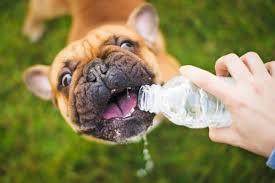
Another thing to consider is the water bowl your dog has access to. Some bowls have different levels or heights, that help the water go down slower and easier. Less air intake often helps to prevent hiccups in dogs!
-Playful startles
Last but not least is to startle them. Don’t frighten your dog to the point that they are in distress or scared you may hurt them, but a little sudden clap, bang or jump will do the trick!
What would be next when hiccups don’t stop
If the condition persists for more than a few hours and your dog’s hiccups come along with wheezing sound, causing irregular or difficult breathing, you should go to your vet and get solution for your problems.
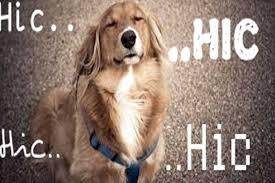
For the most part, it is nothing to worry about. But in very rare cases, hiccups could be a sign of more underlying problems like respiratory defects, pneumonia, asthma, pericarditis or heat stroke.
Conclusion
Your furry babies give you so many opportunities to laugh at their silly behaviour. This is the same as cute little noises of these hiccups which they have no control over. Generally, hiccups are normal and they should not be a reason of major concern for any dog owner.
So, try to stay as calm as possible and view the hiccup matter from an unbiased point of view even if you take it personally when this happens to your pup!
Table of Contents
